What do you do when you have AIDS?
What do you do when you have AIDS?
What else can we do? We can only resign ourselves to fate, since we have this disease, the result can not be changed, in the rest of our lives to actively cooperate with the treatment, adjust the mood, maintain a good state of mind, in the limited life to live out a complete self.
If you are a person who loves life, then actively cultivate your hobbies as a way to enrich your life experience.
In the meantime, keep a good mindset and wait it out. With the development of science and technology, maybe one day such a disease will be conquered, it is possible that at any time such a good news will come, if one day to conquer AIDS, this is your best gospel ah.

AIDS is tested for antibodies using two different methods, enzyme-linked and immunoblotting, and if both are positive, a confirmatory report is issued by an organization qualified to diagnose AIDS. This is usually done by the CDC, but a few hospitals are also certified to diagnose AIDS.
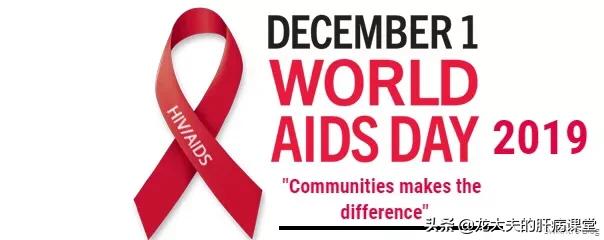
Receiving a confirmatory report card, or a phone call from the CDC notifying you of a confirmed diagnosis, signals a diagnosis of HIV, and this is the time to start thinking about treatment.
First, patients need to go to the CDC or a designated AIDS hospital to have their CD4+ T-lymphocytes and HIV nucleic acid (HIV RNA) checked, usually the hospital does the blood collection and the CDC does the testing.
The purpose is to understand how well your immunity is being destroyed, and now there is no requirement for what the CD4+ T lymphocytes are, so that HIV infection can be treated when it is detected. The same is not true for pre-existing, which is used as a criterion for whether it is below 350 to determine the need for antiviral therapy.
Then, the patient has to take the confirmed report card to the designated hospital responsible for AIDS treatment and follow-up, and go for a comprehensive physical examination. If the hospital is not a designated AIDS hospital, it is possible to ask for the examination directly without providing the confirmed report card.
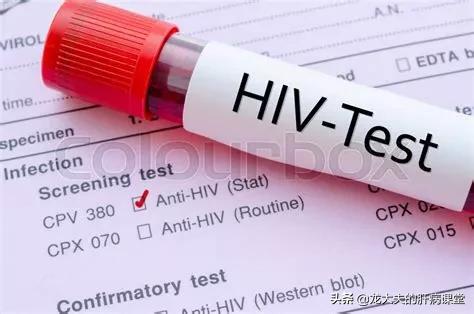
Tests include syphilis, hepatitis B, hepatitis C, tuberculosis, and other significant co-morbidities or opportunistic infections, to name a few.
If there are co-morbidities or opportunistic infections such as hepatitis C, hepatitis B, tuberculosis, etc., it is necessary to consider whether to treat them simultaneously or to treat the opportunistic infections first, depending on the specific situation.
Once all the results are in, if there are no other diseases that require treatment, you will go back to the designated hospital for AIDS treatment and follow-up, and bring the confirmation report and all the test reports with you, so that the doctor in charge of AIDS treatment can determine the treatment plan.
The next step is to take the medicine, but in fact many things are not so simple. In real life, Dr. Long has found that many people who have already decided on a treatment plan and received their medication still give up treatment, indicating that some people do not understand the disease very well.
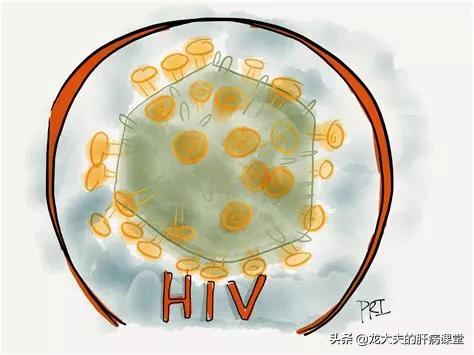
Therefore, it is best for patients to seek individual counseling from the doctor in charge of treating AIDS to learn about such things as the importance of taking medication on time and the precautions to be taken in reviewing the medication after taking it.
The last one is the adjustment of psychological problems. Diagnosis of AIDS is a very big blow to the psychology of many people, people are very easy to ignore this phenomenon, resulting in some people in the later process of taking medication, because of various problems and give up treatment. There are also some people who give up treatment because of some serious situations that could have been avoided, and psychological adjustment is very, very important.
Dr. Long's warm reminder
Diagnosis of AIDS is a big deal. After all the preparations for treatment have been completed, it is important to actively develop a treatment plan under the guidance of your doctor, to understand the precautions to be taken in taking the medication and the importance of regular follow-ups after taking the medication, as well as to strengthen psychological counseling.
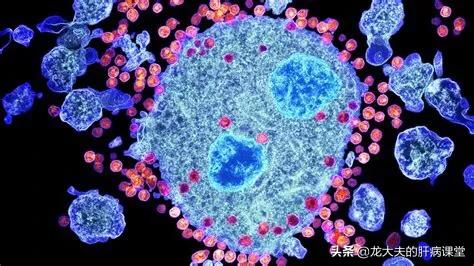
I'm Dr. Long who loves science, so follow me if you want to learn more about infection and liver disease!
Feel free to comment, like, and retweet!
Hi, I'm a doctor who works with HIV at the CDC, let me give you an answer.
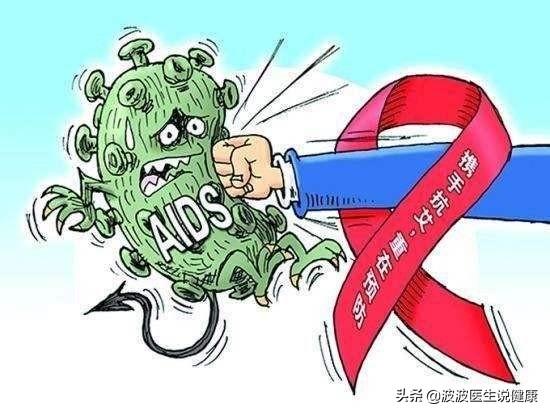
This question is one of the most common questions I encounter in my work. Counselors who have been diagnosed with AIDS patients consult me on what they should do in the future, and I answer these questions patiently every time I encounter them.
First of all, being infected with HIV is a fact that cannot be changed, so you have to accept it.
Secondly, there is no drug or method that can completely cure AIDS, but you can inhibit the replication of HIV through drugs and reduce or eliminate the destruction of CD4T lymphocytes by HIV, so you must insist on taking the drug every day and on time, and you can't stop taking the drug privately.
Thirdly, when side effects or adverse reactions occur due to medication, you must consult a medical professional and not stop or change medication privately because there are only a few options or programs for treating AIDS, and stopping or changing medication privately can easily lead to drug resistance.
Fourth, it is important to follow the doctor's instructions and have regular annual physical examinations for chest CT, liver and kidney function, blood tests, CD4T cell values, viral load, etc.
Fifth, be sure to exercise and eat a regular and nutritious diet.
Sixth, to be optimistic, I have encountered all kinds of cases in my work, there are positive and optimistic face, there are also negative treatment, there are even extreme cases, at present, AIDS through drug treatment has been transformed into a chronic disease, so be optimistic and positive to face life.
Seventh, always use a condom when having sex with another person, whether it is your wife, girlfriend, boyfriend or anyone else, and it is recommended that you tell the person you are having sex with the truth about your personal infection status.
I believe that you may still find it difficult to accept these points for a while. But it's okay, it takes time to accept everything. You can learn more about HIV treatment on the Internet, accept it step by step, little by little, and finally start and embrace your new life with a positive attitude.
If you have questions related to AIDS, you can follow me for private inquiries or leave a message in the comment section and I will get back to you!
The diagnosis of HIV is not made by the hospital, but by an "administrative diagnosis", where the hospital will screen positive for HIV and then take blood from the local CDC to confirm the diagnosis. After diagnosis, if there is no complication of opportunistic infections, antiretroviral treatment is required immediately and cannot be stopped on its own. If an opportunistic infection occurs, the infection needs to be controlled and then oral antiretroviral drugs should be taken. As long as the oral antiviral medication is taken normally, the disease can basically be controlled well. In general, it is important to avoid catching colds and flu, avoid heavy physical activities, try not to eat raw food, and have regular medical checkups. Antiviral drugs are free of charge. If you need to be hospitalized when you have a disease, the cost will be reimbursed partly by the medical insurance and partly by the national AIDS special fund. In short, once diagnosed, take oral antiviral drugs immediately and have regular medical checkups. Most of the patients are under control as normal.
1 Go to your local CDC for treatment
2. Maintain a good state of mind
3. Active physical exercise
4 Prevent infecting others and take appropriate measures
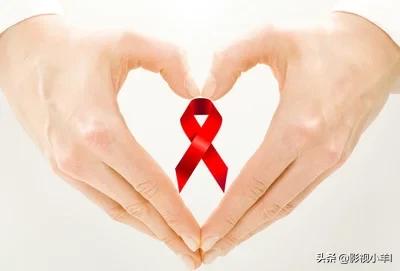
One,It is important to avoid cold and flu to prevent the disease from worsening and not to take it lightly.
ii,Eat a proper diet, avoid overeating, live a clean life, and be consistent in order to control the further development of the disease.
Best wishes for a speedy recovery!
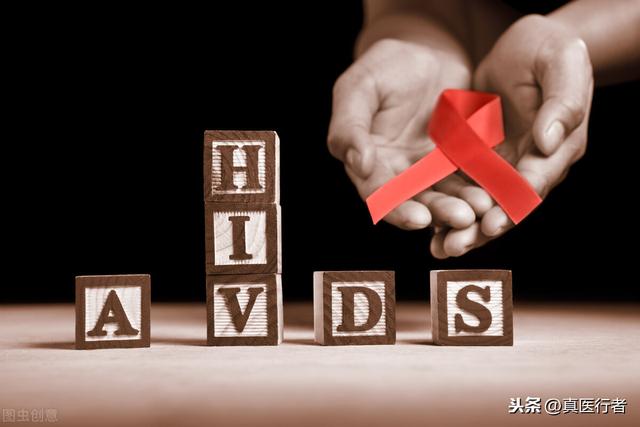
Basically, everyone has a disease, one or the other, or several; AIDS is just a chronic disease that is not very curable. If you have the disease, you should actively treat it, and it is best to register at an epidemic prevention station and seek help from the government. In most cases, even though the disease cannot be cured, it can be controlled, which is much better than having cancer. Also, although this disease is not fatal, but also difficult, so try not to infect others, high-risk behavior must not do. If you want people not to discriminate against you, you have to live with dignity and integrity.
What to do if you have AIDS?
After getting AIDS, first of all, we have to adjust our mindset, face it positively and accept antiretroviral treatment, treating the disease as a chronic disease, after long-term standardized treatment, it is possible to prolong the life expectancy, and even almost the same as a healthy person.
When the infection of human immunodeficiency virus (HIV) is confirmed, antiretroviral treatment should be carried out as soon as possible in designated hospitals. Early treatment and early control of the virus replication in the body, as well as immune function reconstruction or improvement of immune function, as well as reducing the morbidity and mortality rate of AIDS-related diseases.
In addition, if HIV exposure occurs, the wound should be treated urgently and prophylactic medication should be administered within 2 hours of HIV exposure if possible, preferably not more than 24 hours, but even if more than 24 hours have elapsed, prophylactic medication is recommended.
Special Note: Adults, adolescents, and pregnant women are advised to begin treatment as soon as HIV infection is detected, regardless of CD₄⁺T lymphocyte levels. Currently, antiretroviral therapy is mostly a combination of multiple antiretroviral drugs known as Highly Active Combination Anti-Retroviral Therapy (HAART), which was once known as "cocktail therapy".
Reviewed by Dr. Yu Yanyan, Chief Physician, Department of Infectious Diseases, Peking University First Hospital
Click here for details of the doctor's answer
Prompt treatment should not be delayed, the delay of the best treatment time will be serious
Hello, I'm today's headline and Wukong Q&A writer, Dr. Han Wang, MD, and I'm very happy to share with you about health related topics. AIDS has always been a very sensitive word, so much so that it is forbidden on some social media programs. In the past, AIDS was considered an incurable disease because of the lack of effective drugs to treat it.
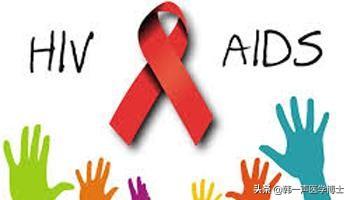
In fact, this situation has been comprehensively improved five years ago, as many kinds of good drugs that are effective against HIV have been created internationally, with very few side effects. A number of these drugs have been centrally procured by our country as free AIDS treatment for our citizens.
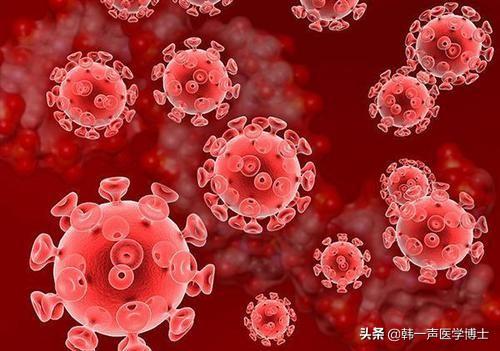
A friend of mine who is an expert in the prevention and treatment of infectious diseases told me that the standardized treatment of AIDS has achieved very good results, and that after standardized treatment, there is not much difference between the clinical manifestations and daily lives of many AIDS patients and those of ordinary people. Even life expectancy can be as high as 70 or 80 years, no different from our ordinary people. At present, there are already many countries: many patients after standardized antiretroviral treatment, the viral load in the patient's body dropped to zero, a gratifying achievement.

Therefore, the era of AIDS as an incurable disease is gone. Early viral blockade and standardized antiretroviral treatment after detection of viral infection are the most crucial.
This question and answer are from the site users, does not represent the position of the site, such as infringement, please contact the administrator to delete.